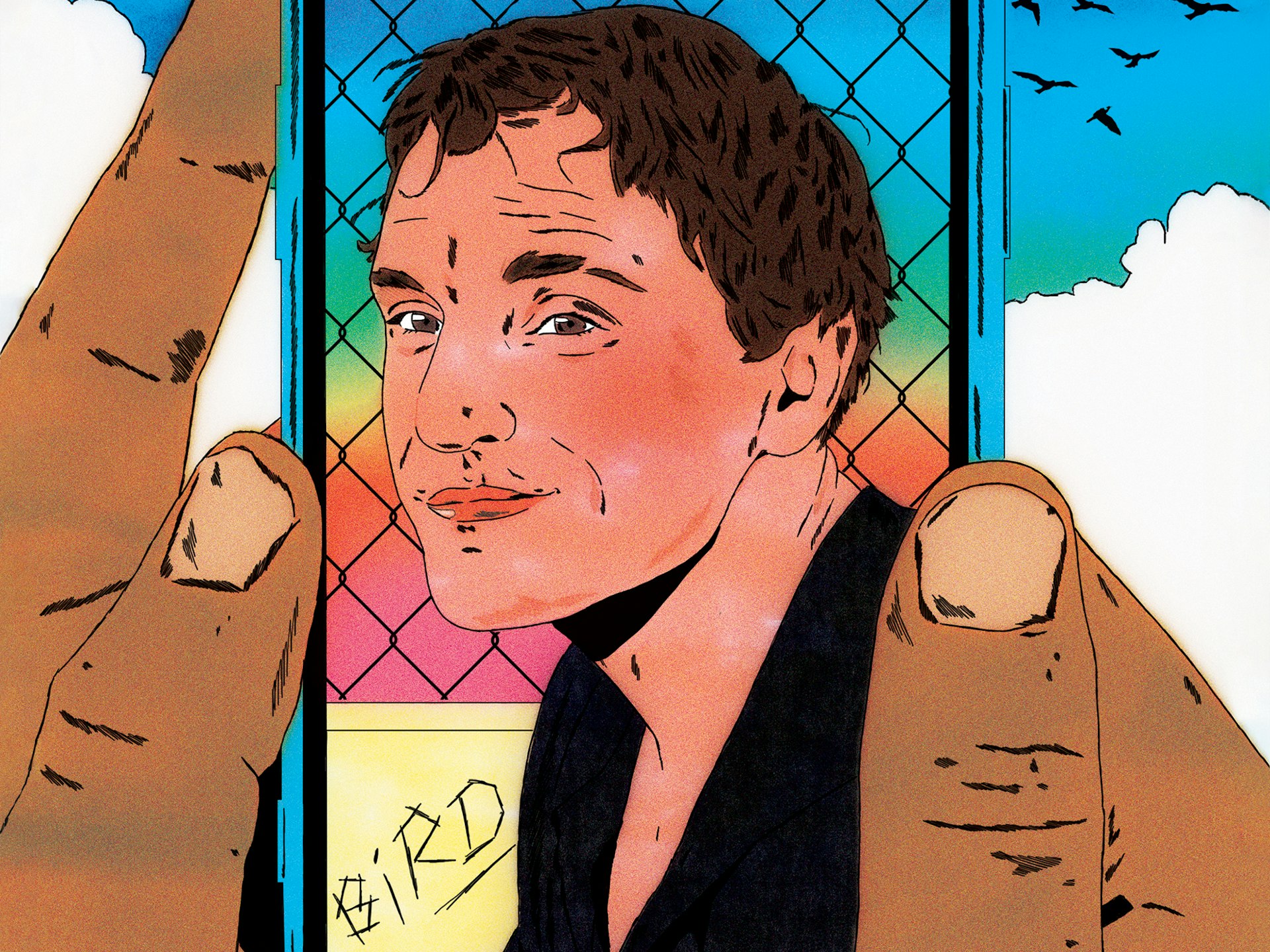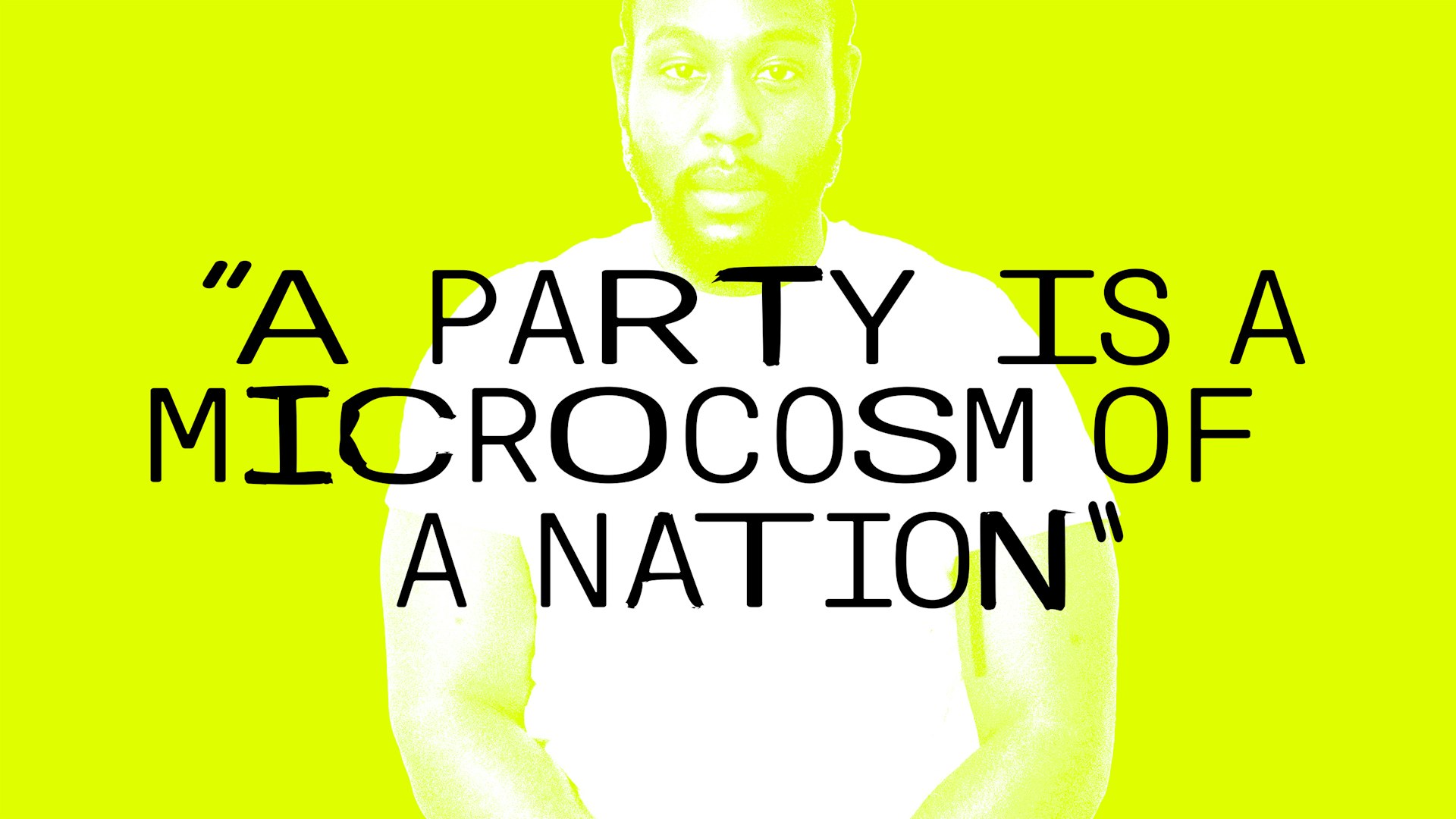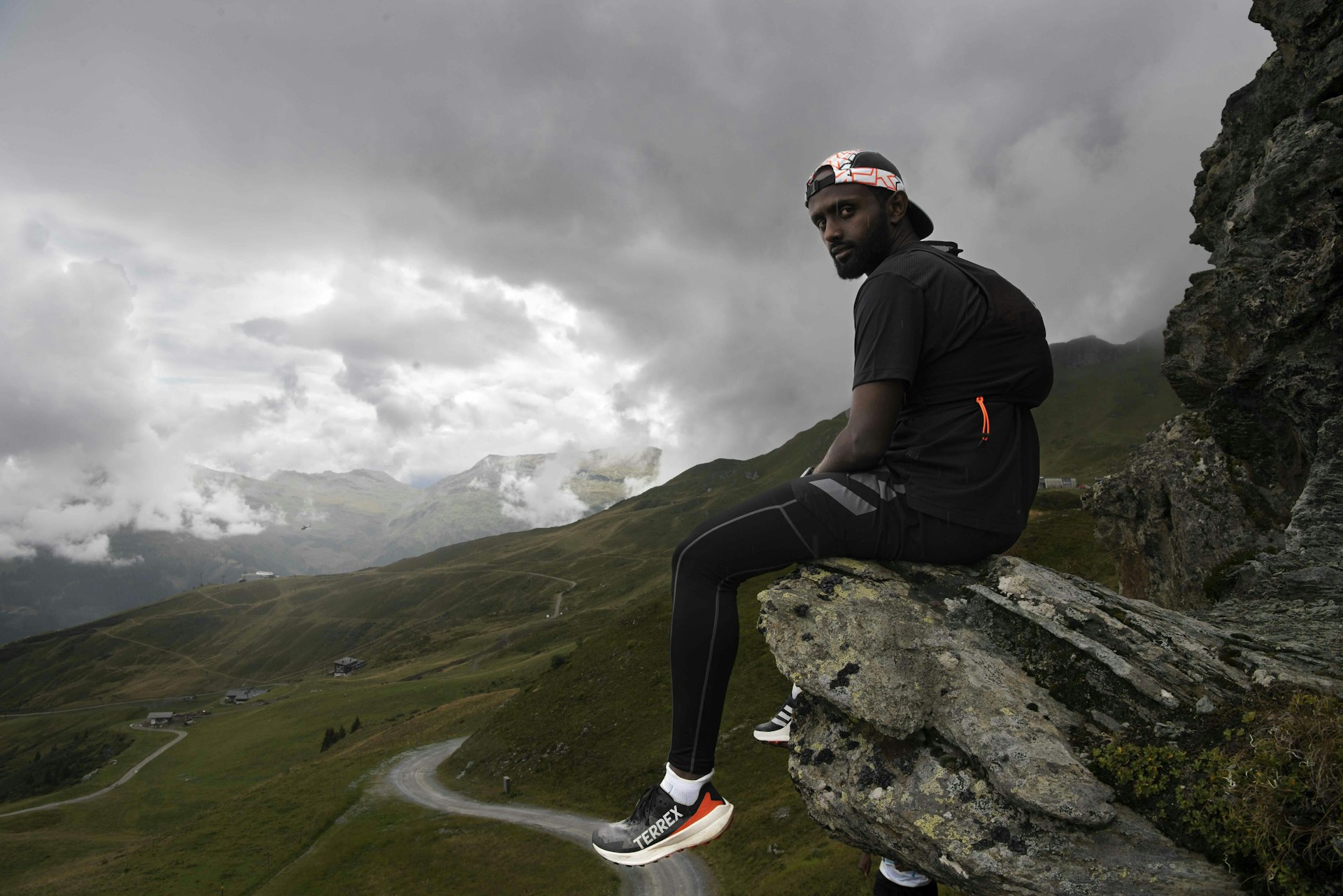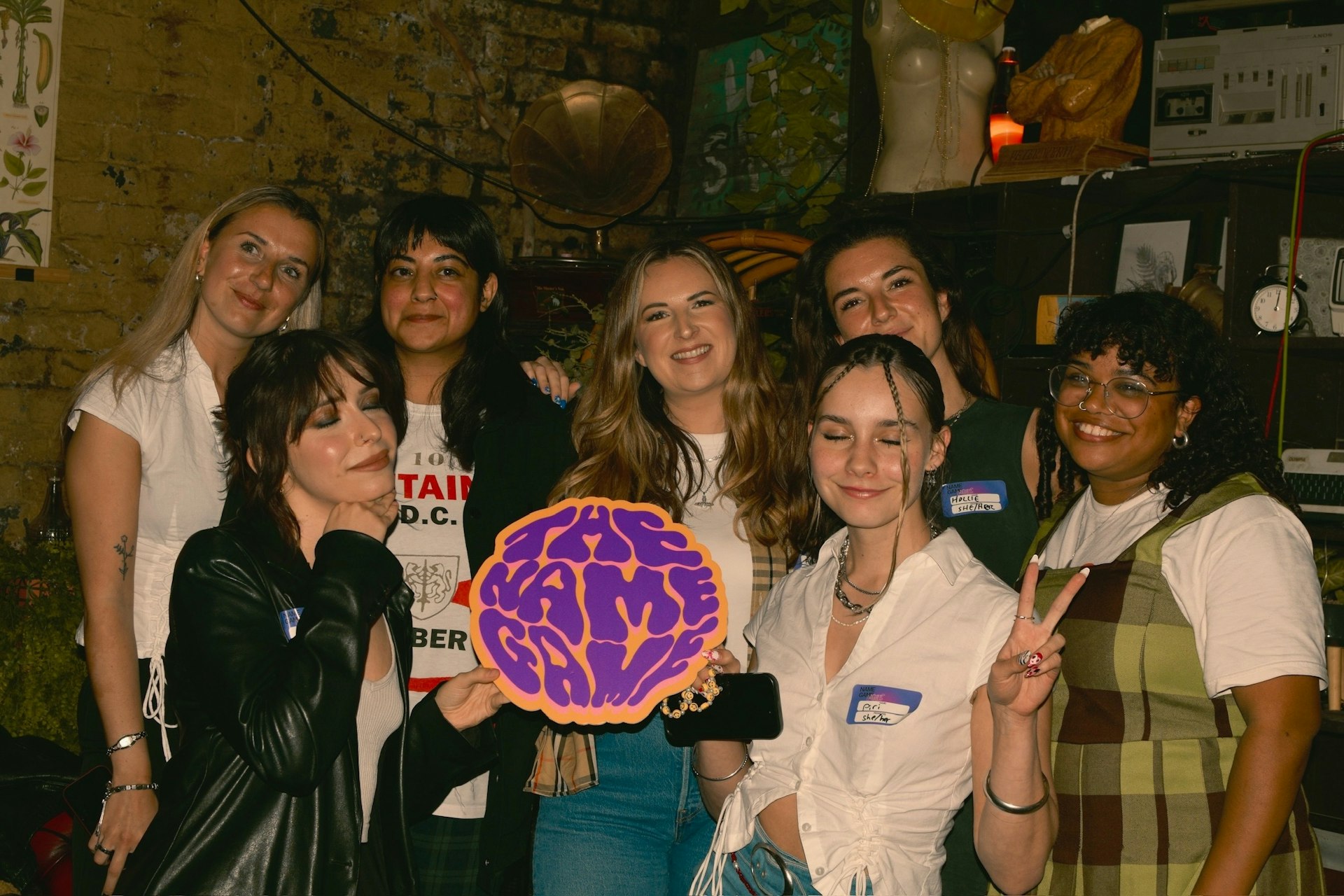In pictures: Fleeing persecution in Sudan, dreaming of Britain
- Text by Ludovico Settembrini
- Photography by Ludovico Settembrini

Of the relationships I built with volunteers and refugees during my visits to the Jungle, it’s my time with the Zaghawa people sticks out.
The Zaghawa are a transnational ethnic group living mostly astride the border of Chad and Sudan, working the land for their livelihood for generations. In the 12th century their belief system was Animist, but they later converted to Islam, retaining strong links to their African heritage and identity.

Gibril, 28 years old, peels potatoes for lunch.
In Sudan the Zaghawa can be found in Darfur, one of the tribes most persecuted in the on-going conflict that began to ravage the region back in February 2003; the repression of Darfur’s non-Arab population has caused the majority of the bloodhsed. The Zaghawa have been heavily persecuted by the Sudanese government – using the violence and torture of the Sudanese Army and through local Janjaweed militias.
This conflict has forced hundreds thousands Zaghawa to flee to refugee camps located in Chad and the Central African Republic, but others have headed in the direction of Europe. Many made the long and arduous journey to Europe through Libya to Italy, by crossing the Mediterranean Sea. Their destination was England – as a former British colony many Sudanese refugees speak English, have relatives here, and retain strong emotional ties to the country.
One day, as I was walking inside the Sudanese area of the Jungle, I crossed paths with some refugees who I’d met on a previous trip. One of them, Mohamed, greeted me kindly, and invited me to join him for a coffee. We talked for hours, about life in Sudan, his journey to Europe, and living conditions in the Jungle. We agreed to meet again the next day, and I soon got to know his community. Some of those I met were electronic engineers, teachers or historians. Many held jobs as aid workers and strategists for the UNHCR, others have completed Masters degrees at the University of Khartoum.

Adam, 23 years old.
As I write, following a decision by the French authorities, their shelters and homes are being bulldozed. Once again their community again faces dissolution.
These photographs are an intimate window into the world the Zaghawa community have built for themselves, as the rest of the world continues to turn its back on them.

Sudanese refugees after collecting food from the camp’s distribution centre.

Khalil, 25 years old.

Mohamed takes a call while drinking his coffee.

Playing football at the camp.

A refugee holds exploded tear gas canisters beside the Banksy mural at the entrance to The Jungle.

Abdul hangs out his clothes.

In the evening Ahmad stays in his shelter, using his phone to speak with relatives and friends.

Toiletries stored outdoors.
Enjoyed this article? Like Huck on Facebook or follow us on Twitter.
Latest on Huck

Three decades behind the scenes of the music industry
Eddie Otchere’s ‘Spirit Behind the Lens’ is a story of music and culture that crosses and transcends borders.
Written by: Isaac Muk

Barry Keoghan, Franz Rogowski and Andrea Arnold on ‘Bird’
The new issue of Little White Lies brings Andrea Arnold’s sixth feature to life with a thematic voyage down the Thames estuary.
Written by: Maisy Hunter

“A party is a microcosm of a nation”: Caleb Femi on the decline of the house party
To celebrate the publication of his new collection ‘The Wickedest’, Isaac Muk caught up with Femi to talk more about the work, the future of the shoobs, and discuss why having it large on a Saturday night should be cherished.
Written by: Isaac Muk

Celebrating 20 years of The Mighty Boosh
A new exhibition takes a look behind the scenes of the iconic show two decades after its BBC3 premiere.
Written by: Isaac Muk

We Run Mountains: Black Trail Runners tackle Infinite Trails
Soaking up the altitude and adrenaline at Europe’s flagship trail running event, high in the Austrian Alps, with three rising British runners of colour.
Written by: Phil Young

The organisation levelling the playing field in the music industry
Founded in 2022, The Name Game is committed to helping female, non-binary and trans people navigate the industry.
Written by: Djené Kaba